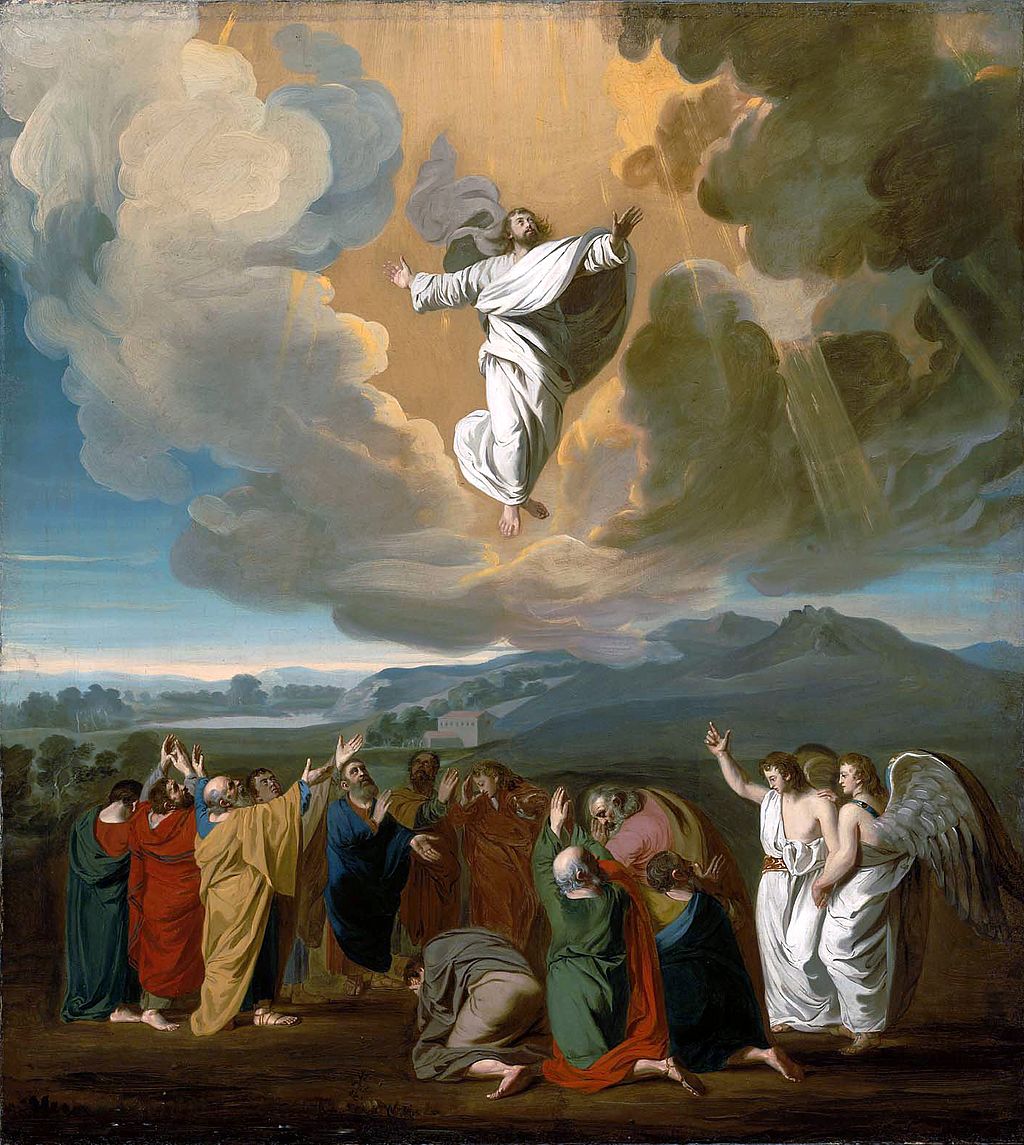What could motivate a theologian to write about the ascension of the Lord Jesus Christ? One could be energized by the paucity of writing on this theme in the theological academy and the infrequency of sermons preached on it in the church, to the impoverishment of both. Compared to the atonement or the resurrection of Jesus, the ascension is a much-neglected topic in the church’s life. One aspect of this is that the contemporary Christian may be unable to articulate why the ascension matters to their devotional life.
Why is the ascension important? We may say that Christ’s atonement was completed on earth by his death and resurrection but that it was accepted and celebrated by the Father when he ascended. He presented his humanity, his offering of himself, and his work on behalf of humanity when he ascended on high. However, although the atonement was completed when Jesus sat down, the church’s salvation was not yet completed and will not be until the consummation of all things. The writer of Hebrews reflects this when he states, “Because Jesus lives forever, he has a permanent priesthood. Therefore he is able to save completely [right on to the end] those who come to God through him, because he always lives to intercede for them” (Heb 7:24-25).
Another way to say this is that the enacting of atonement, objectively speaking, was finished when he ascended and sat down. However, subjectively speaking, the application of the atonement would constantly be needed throughout the church’s corporate life and all through the personal life of each believer. The significance of the ascension, therefore, was that it signaled the beginning of Christ’s intercessory work in heaven, enabling us to worship and pray. His priesthood is how we, his people, are also priests (Heb 8:1; see Heb 9:14). His offering and ongoing priestly intercession also enable us to be holy and become holy (Heb 10:10, 14). He gives longevity and resilience to every true believer, bringing them all the way to glorification.
In a nutshell, the believer’s devotional life is possible only because Christ ascended for us after having lived and died for us. That is how important the ascension is. Through it, we now have access as priests to God (Heb 9:14) in the one great High Priest (Heb 8:1-3) through the blood he shed and the body he offered up to the Father (Heb 10:19). We have access because when he ascended, he offered up his humanity for us, a humanity he had freely taken up in his incarnation… Thus, he acted representatively for humanity in his life, death, resurrection, and ascension. However, having access into God’s presence through the finished work of atonement is not the same as accessing that access. That requires his ongoing, unfinished work as our Priest and our drawing near through prayer.
This article is taken from the introduction of Ross Hastings’s book The Glory of the Ascension: Celebrating a Doctrine for the Life of the Church.

